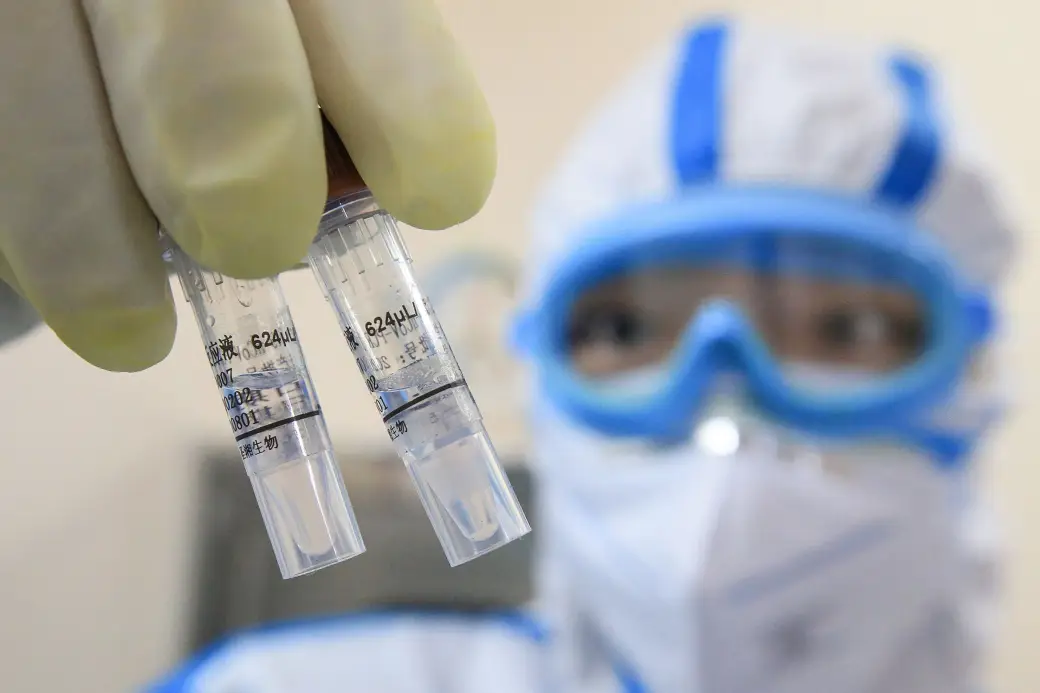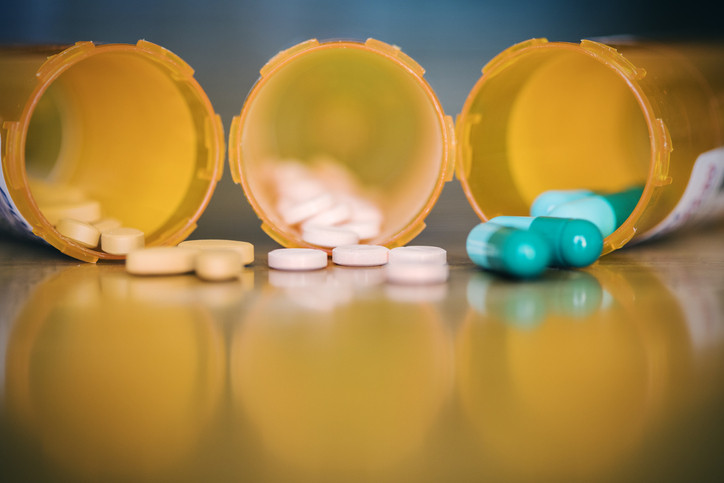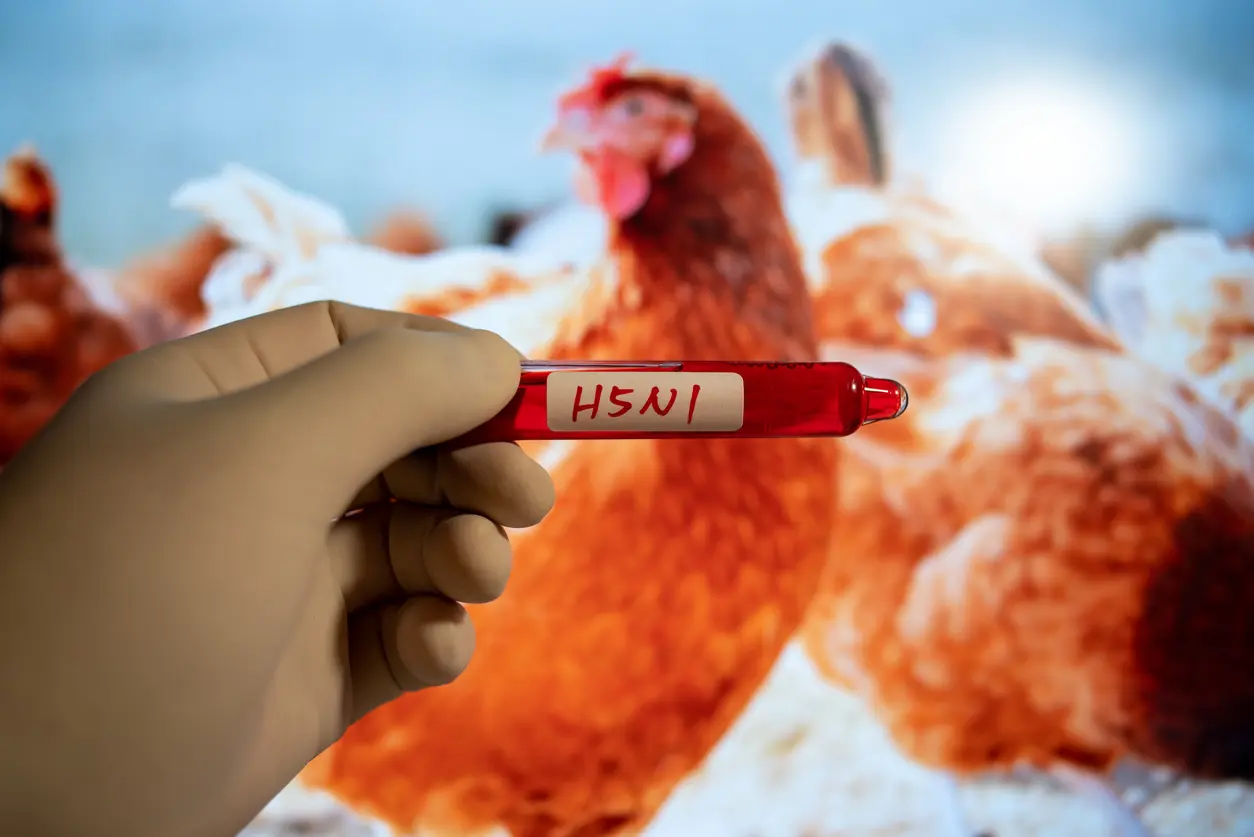Gilead’s HIV Prevention Shot Shows Promise, But Excludes Latin America from Access to Generics
A groundbreaking twice-yearly HIV prevention shot developed by Gilead has shown remarkable results, with the shot proving 100% effective in preventing HIV infections in women and nearly as effective in men. The drug, called lenacapavir (sold as Sunlenca), is already used to treat HIV in various countries and is expected to be soon authorized for prevention. Gilead has committed to making generic versions available in 120 countries with high HIV rates, mostly in Africa, Southeast Asia, and the Caribbean. However, Latin America, where infection rates are rising, has been excluded, sparking concerns over inequitable access. While lenacapavir is hailed as the most effective HIV prevention method to date, UNAIDS executive director Winnie Byanyima emphasizes that the drug’s success depends on its availability in at-risk countries. Advocacy groups in Latin America, including Peru, Argentina, and Brazil, have urged Gilead to make generics available in the region, noting the growing HIV rates among vulnerable groups such as gay men, sex workers, and transgender populations. While Gilead has pledged to expand access, the decision to exclude Latin America has prompted calls for countries like Brazil and Mexico to issue “compulsory licenses,” allowing the production of generics without the drugmaker’s approval. This strategy was used in the past to ensure access to essential HIV treatments during previous health crises. Despite the setbacks in Latin America, the availability of lenacapavir in high-burden countries could mark a major step in the global effort to end the HIV/AIDS epidemic.
Experts argue that Sunlenca could revolutionize HIV prevention, especially for marginalized groups that face stigma and discrimination when seeking traditional HIV prevention methods like daily pills. However, the high cost of the drug—over $40,000 annually in some countries—raises concerns about accessibility. Generic production could reduce the cost to as little as $40 per treatment.



